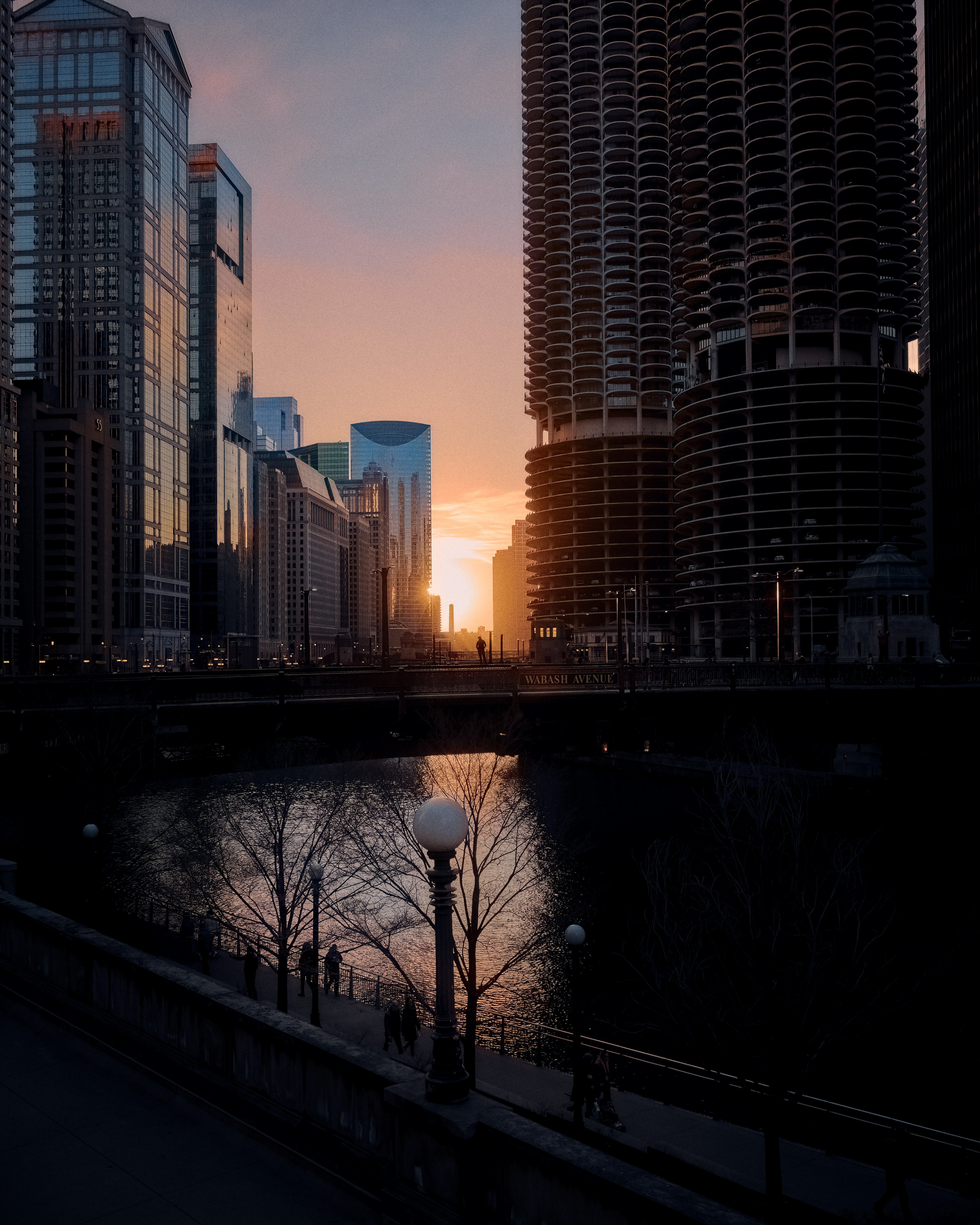Beautiful Days
“My friend told me she reads short fiction all the time,” one of the members of the fiction writing workshop I’m in now said. “I asked her where, and she said 'The New Yorker!' I asked 'And where else?’ and she said, ‘...The New Yorker?’”
When's the last time you read a piece of short fiction? In school? I certainly don't think I'm going out on a limb to call it an underloved medium. I must've read some short stories and story collections while growing up, in school, but few and far between. We've got many things clamoring for our attention now, leading to lower reading overall, and short stories have bore perhaps the hardest blow. There used to be magazines, publishing short stories or serialized tales; these were seen as prime sources of entertainment. But now, it's hard to imagine a time when short stories have had less of an influence on American culture at large.
Now, short stories are thought of as by writers, for writers. You can "learn to write" by writing a short story. You can learn craft from reading short stories. I'm at the very beginning of my writing career, but I've spent the past year or two writing short stories, as a way back into a writing practice. But like all things, you learn to do what you do. By writing short stories, you're not "learning to write," you're learning to write short stories. A short story is fundamentally different from a novel, though of course there's overlap.
I don't think I really appreciated short stories as their own form until a few years ago. Adam Juskewitch, from the Relentless Picnic podcast, started sharing out short stories on Twitter. He recommended a story, and if you read it and responded, he'd recommend another. This probably only went on for a few months, but it felt so personal, so intimate. They say you're closer with someone you've read a dozen books in common with than blood; so what about a few dozen short stories? Many of what I now think of as my favorite short stories came from Adam. Hard to overstate what an influence he had on me, in this way (Adam, thank you!)
All this to say, I love a good short story. Once you've read a few dozen, you'll see what a rich form it is, how unique. Joy Williams says "A novel often wants to befriend you; a short story, almost never." Even if that's not exactly true, there's truth in it. They can be an exploratory space. I've written short stories about little moments I saw in life, things that happened to me, that I wanted to expand upon, see to the conclusion; as wild as that might be.
I recently read Zach Williams' debut collect, Beautiful Days. So far, it's one of my favorite books of the year (don't be dissuaded by its appearance on Obama's Summer List). The worlds he renders are so rich, from an office building in a Winter storm, to a wilderness that perhaps extends infinitely. But it's his attention to detail, his careful tenderness towards his characters that makes the work sing. I felt I'd seen the world thoroughly through their eyes, without judgement. The rules we're accustomed to may not apply, but each story teaches you how to read it.
As someone who works in film, I get so frustrated by those who make short films as a stop towards a feature length work. Just make the damn feature, if that's what you want to do. A short film, a short story, isn't simply an excerpt. Something special happens when you give yourself over to a writer, temporarily put you faith in them to lead you along the route they've selected. You often can't wander in a short story like you can in a novel. Don't get me wrong, I love a wandering, digression-filled narrative, but in a short story, things happen. They have to; you only have so much space, you might as well get on with it.
I think the best story in Beautiful Days is the final one, called "Return to Crashaw." It describes a guided tour lead through a desert landscape, a journey designed to take us close to yet removed from the "Crashaw Site," a series of gigantic, mysterious geometric forms in the desert. The tour guide is trying his best to manage the expectations of an increasingly-unruly group. In the workshop I'm in, the facilitator Matt Bell has talked about our tendency as writers to avoid "doing the thing." It's scary to go head-first into the mystery, much easier to circle around the key point than to arrive there. But we have to go there. Our curiosity calls us to Crashaw.
The characters sit along the rim of one of the forms, known as the Needle, and feel the desert wind at their backs. Our guide doesn't know what will happen once they return to the Visitor's Center, having violated the rules of the world. But it was inevitable. And in arriving, we feel it's where we were meant to be all along. No one can know where we're going, what we're going back to; but we're doing so as those who have been changed by the journey.

